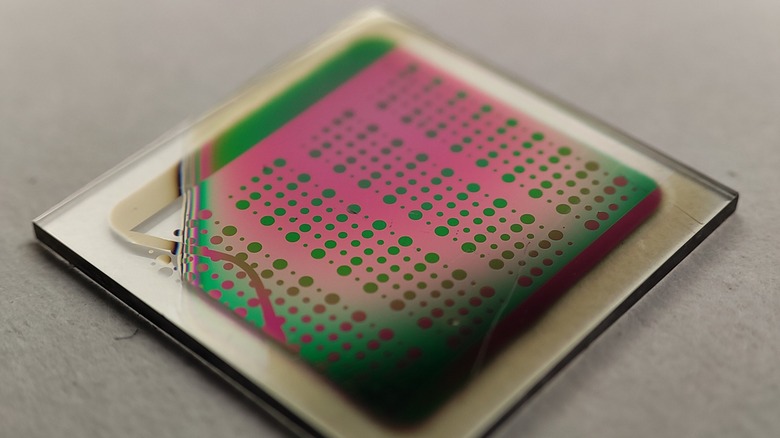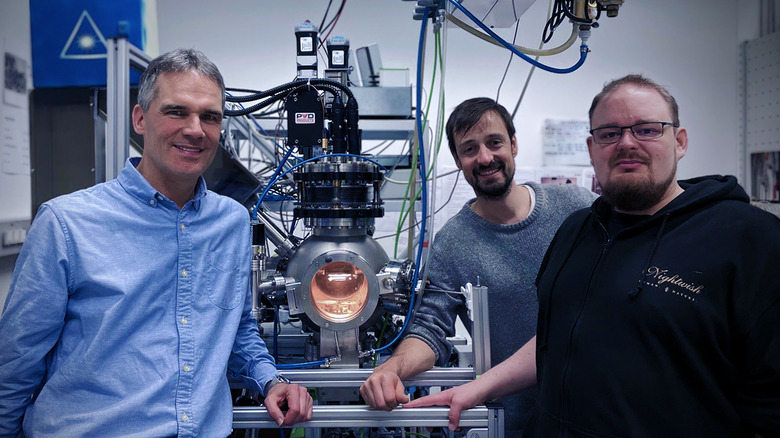This New Oxygen-Ion Battery Could Be A Game Changer For Renewable Energy Storage
Lithium is currently the most widely-used element for making batteries, which also explains why research is focused on this soft alkaline metal and its derivatives to make better batteries. Earlier this week, the U.S. Department of Energy's Argonne National Laboratory announced the development of a lithium-air battery that relies on a solid electrolyte instead of a liquid material to achieve a density two to four times higher than that of regular batteries. However, there's a finite amount of lithium, and mining it comes at a huge environmental cost, which means the need for alternatives.
Scientists over at the Vienna University of Technology claim to have made a breakthrough with a novel oxygen-ion battery that is not only extremely durable but also offers enhanced longevity. The biggest advantage here is that, unlike the chemical degradation that is seen in lithium-based batteries, the oxygen-based battery can regenerate its storage capacity, promising much longer longevity. As oxygen is lost due to side reactions, it can simply be absorbed from the atmosphere, ensuring that the chemical units responsible for carrying charge, and, hence, the electric current, can be replenished without much of a fuss.
Large-scale energy storage goes renewable
The battery in question is made out of ceramic materials, which capture and release negatively charged oxygen ions to create a current flow when electric voltage is present. One of the benefits of being ceramic is that they are not flammable. EVs, on the other hand, have a well-known battery fire problem, and even an industry-leader like Tesla hasn't been able to fully figure it out. Another key advantage of the latest battery innovation is that it doesn't employ any rare earth elements, which further tones down any potential environmental impact.
Instead of cobalt or nickel, the current prototype of the oxygen-ion battery relies on lanthanumm which is less finite but still limiting, but research is already underway to replace it with some other material that is more easily available. The only downside is that, as it stands, the oxygen-ion battery can't quite offer the same energy density as lithium ion batteries. The team has patented the oxygen-ion battery tech and notes that it isn't quite the best solution for smartphones or EVs, but it can serve as an extremely efficient method for large scale storage such as wind or solar energy harnessing.

